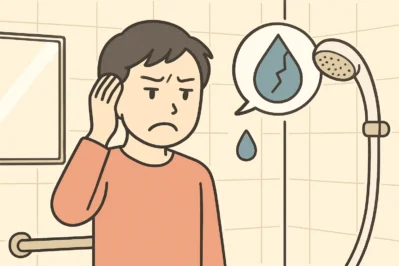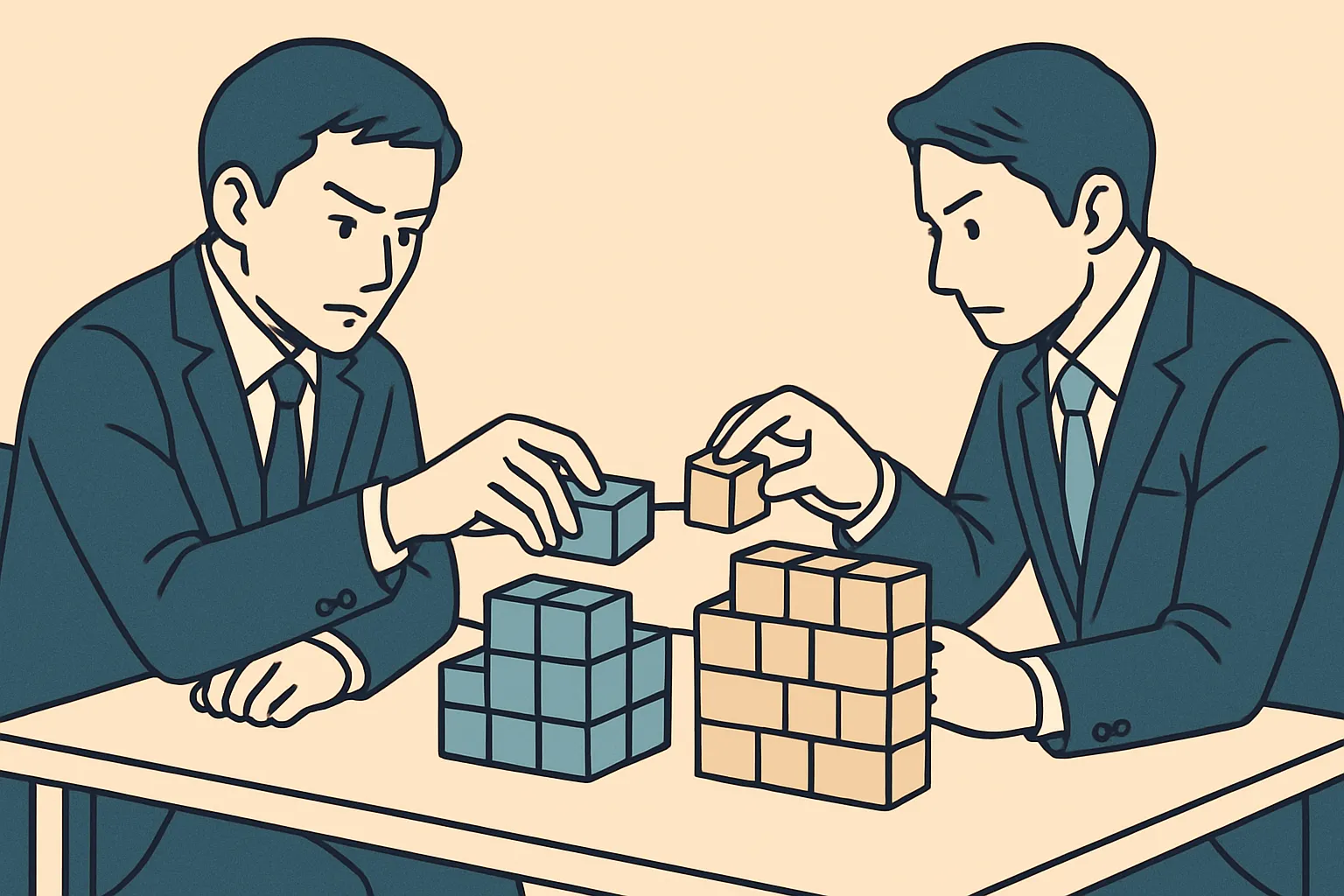Help! The Water Isn’t Working! Korean Phrases for a Home Emergency
Hello! This is Everyday Korean, here to upgrade your Korean skills!
Have you ever woken up, ready to take a shower, and… nothing happens? No water! It’s a frustrating situation, especially when you’re in a foreign country. But don’t worry! Today, we’re going to learn some super useful Korean phrases to handle this exact problem. In Korea these days, home renovation and reality shows where celebrities fix up old houses are really popular. And guess what? They always run into problems like the water or heating not working! So, if it happens to you, you can handle it like a TV star with these essential phrases.
Let’s get you ready to solve any house problem like a pro!
Core Expressions You Must Know
Here are three key phrases to explain the problem and ask for help.
- 1. 물이 안 나와요 (Mul-i an na-wa-yo)
- Pronunciation: [Mul-i an na-wa-yo]
- English Meaning: The water isn’t coming out. / The water isn’t working.
- Detailed Description: This is the most direct and important phrase for this situation! Let’s break it down: 물 (mul) means “water,” 안 (an) is a negative particle meaning “not,” and 나와요 (nawayo) means “to come out.” You can use this for any faucet in the house – the kitchen, the bathroom, the shower. It’s a polite phrase you can use when calling your landlord or a repair person.
- 2. 고장 났어요 (Go-jang nass-eo-yo)
- Pronunciation: [Go-jang nas-seo-yo]
- English Meaning: It’s broken.
- Detailed Description: This is a magic phrase for almost any broken item! 고장 (gojang) means “out of order” or “broken,” and 났어요 (nasseoyo) means “it happened.” You can point to the boiler (보일러 – bo-il-leo), the air conditioner (에어컨 – e-e-keon), or the sink and say this. It’s incredibly versatile!
- 3. 언제 고칠 수 있어요? (Eon-je go-chil su iss-eo-yo?)
- Pronunciation: [Eon-je go-chil su is-seo-yo?]
- English Meaning: When can you fix it?
- Detailed Description: After you’ve explained the problem, you’ll want to know when it will be solved. 언제 (eonje) means “when,” and 고칠 수 있어요? (gochil su isseoyo?) means “can you fix it?”. This is a polite and clear way to ask for a timeline for the repair.
Example Dialogue
Let’s see how these phrases work in a real conversation between a student (A) and their landlord (B).
A: 여보세요? 집주인 아저씨, 저 301호에 사는 소피아예요.
(Hello? Landlord, this is Sophia from unit 301.)B: 네, 소피아 씨. 무슨 일이에요?
(Yes, Sophia. What’s the matter?)A: 화장실에 물이 안 나와요. 아마 보일러가 고장 났어요.
(The water isn’t working in the bathroom. I think the boiler is broken.)B: 아, 그래요? 알겠어요. 제가 지금 확인하러 갈게요.
(Oh, really? Okay. I will go to check it now.)A: 감사합니다! 혹시 언제 고칠 수 있어요?
(Thank you! By any chance, when can you fix it?)B: 먼저 봐야 알 것 같아요.
(I think I’ll know after I see it first.)
See? Simple and effective! You successfully reported the problem.
Culture Tip & Trend Deep Dive
In those popular Korean home shows, you’ll often see people dealing with landlords (집주인 – jip-ju-in) or repairmen (수리 기사님 – su-ri gi-sa-nim). One thing you’ll notice is the importance of being polite but clear. Using the “-요 (-yo)” ending on all your verbs, like we did today, is the key to being respectful.
Also, Korea is famous for its “빨리빨리 (ppalli-ppalli)” or “hurry, hurry” culture. This means that services, including repairs, are often expected to be very fast. So don’t feel shy about calling to report a problem as soon as you discover it. Your landlord will likely appreciate the quick notice!
Let’s Practice!
You did an amazing job today! You learned how to say “The water isn’t working,” “It’s broken,” and “When can you fix it?”. You’re now prepared for a common household emergency in Korea!
Now, let’s test your skills.
- Fill in the blank: The air conditioner (에어컨) is not working. It’s broken!
- 에어컨이 안 나와요. _______.
- Make a sentence: You want to ask your landlord, “When can you fix the heater (히터)?” What would you say?
Leave your answers in the comments below! We’d love to see you try using these expressions. Keep up the great work






